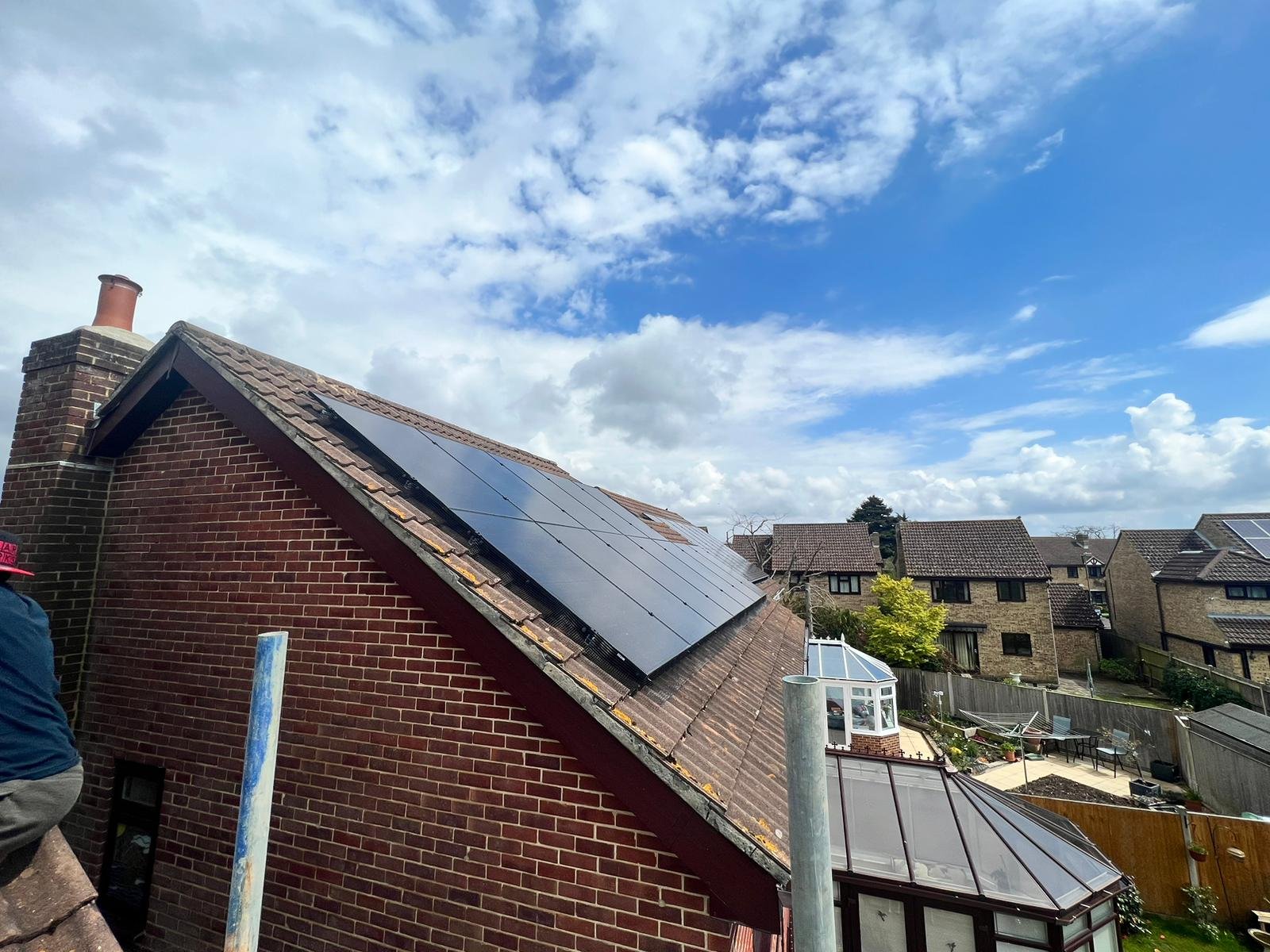Do I Need Batteries For Solar Panels?
Do I need battery storage for my solar system?
Exploring Battery Storage for Your Solar Panel System
As solar power becomes more popular among homeowners looking to reduce their carbon footprint and energy bills, many wonder if adding battery storage to their solar panel system is necessary. This guide explains the benefits of battery storage for solar panel systems and helps you decide if you need batteries for your solar panels.
What is a Solar Panel System?
Solar panel systems harness sunlight to generate electricity, an eco-friendly and cost-effective alternative to traditional energy sources. These systems consist of solar panels, inverters and sometimes a grid connection. During the day, solar panels generate electricity which can be used immediately or stored for later use.
Benefits of Solar and Battery Storage
Energy Independence: Battery storage allows you to store excess solar energy generated during the day for use in the evening or on cloudy days, reducing your reliance on grid electricity.
Backup Power: During power outages, solar battery storage systems can provide a reliable source of electricity, so you can keep your essential appliances running.
Cost Savings: By storing excess energy and using it during peak demand or when electricity prices are high, you can save even more on your energy bills.
Maximise Solar Generation: Battery storage helps you get the most out of your solar generation by capturing excess energy that would otherwise be fed back into the national grid.
Battery Storage Considerations
Size and Capacity
The size of your solar battery system depends on several factors, including your energy usage patterns, the size of your PV system and your backup power needs. For UK homes, solar battery systems typically range from 5 kWh to 20 kWh in total capacity. To work out how many solar batteries you need, consider:
Your daily energy usage
The size of your solar panel system
How energy independent you want to be
If you plan to charge an electric vehicle
Cost
While the cost of solar panels has come down in recent years, battery storage is still a big upfront investment. But prices are getting cheaper as technology improves. Consider the long term savings on your energy bills when evaluating the cost.
Types of Solar Batteries
Lead-acid batteries: These are the most common and cheapest option, but have a shorter lifespan and lower efficiency compared to others.2. Lithium-ion batteries: These are the best solar batteries for most homeowners, higher efficiency, longer lifespan and better performance.
Flow batteries: These have a long cycle life and can be fully discharged without damage, but are more expensive and less common for residential use.
Compatibility
Make sure the battery storage system you choose is compatible with your existing solar panel system and inverter. Not all batteries will be suitable for your system. Consult with a qualified installer to assess compatibility and system sizing.
Do I Need Batteries for My Solar Panels?
Consider the following to decide if you need a home battery:
Energy usage patterns: If you’re a high user of energy in the evening, you will likely benefit from a battery.
Desire for energy independence: If you want to use less grid electricity and be more energy independent, battery storage is essential.
Electricity rates: If your area has time-of-use rates or high peak electricity costs, storing solar energy for use during peak hours can save you money.
Frequent power outages: If your area experiences regular grid disruptions, a battery system can provide valuable backup power.
Electric vehicle ownership: If you have an electric vehicle, a battery system can charge it using stored solar energy.
Do I Need Batteries for Solar Panels?
Solar panels work by harnessing sunlight to generate electricity which can be used immediately or stored for later use. Batteries are not necessary for solar systems but enhance energy storage, so you can store energy and use it during periods of low solar generation, such as evening or cloudy days. This setup can reduce your reliance on grid electricity and lower your energy bills.
How Solar Panels Work Without Batteries
Most solar systems are connected to the grid, so you can use electricity generated during the day and send excess back to the grid. In return you get credits through net metering, offsetting your energy bill. But without batteries you can’t store excess energy for off-grid use or backup power during outages.
How Big Solar Battery: What Capacity Do I Need?
Factors Affecting Battery Size
The size of your solar battery depends on:
Energy Generated: Larger systems generate more energy and may need higher capacity batteries.
Energy Usage: Your daily energy usage determines how many batteries you need.* Roof Space: The size of your PV system is limited by available roof space.
Backup Needs: If you want to go off-grid or have power during outages, a larger battery capacity is required.
Typical Battery Sizes
For UK homes:
Small Systems (2 kW): 4–5 kWh battery capacity.
Medium Systems (4–6 kW): 8–12 kWh battery capacity.
Large Systems (8–10 kW): 16–20 kWh battery capacity.
Choose the right size battery for optimal storage and cost efficiency. Oversized batteries waste money and space, while undersized ones limit savings on your energy bills.
Energy Storage Benefits
Energy storage systems allow households to store excess power generated during the day for later use. This reduces reliance on grid electricity and increases self-consumption of clean energy. Key benefits include:
Energy Independence: Store energy to reduce dependence on the national grid.
Cost Savings: Use stored energy during peak demand periods when grid electricity rates are higher.
Backup Power: Keep essential appliances running during outages.
Battery Capacity and Types
Types of Solar Batteries
Lead-Acid Batteries: Cheapest but lower lifespan and efficiency.
Lithium-Ion Batteries: Most solar batteries are lithium-ion due to their high efficiency and long cycle life.
Flow Batteries: Suitable for high-capacity needs but less common in residential markets.
Battery Capacity Explained
Battery capacity is measured in kilowatt-hours (kWh). Higher capacity batteries can store more energy but may cost more upfront. For example:
5 kWh battery can power basic household needs during evenings.
10 kWh battery is suitable for larger homes or those who want to go off-grid.
Off-Grid vs Grid-Tied Systems
Off-Grid Systems
Off-grid systems are entirely solar and battery based without connection to the national grid. They require higher capacity batteries to store enough energy for nighttime use and cloudy days.
Grid-Tied Systems
Grid-tied systems allow you to stay connected to the grid while using solar panels. Excess power is sent back to the grid and you can draw electricity when solar generation is low.
Other Factors to Consider
When choosing a battery system,1. AC vs DC: Ensure compatibility with your inverter.
Cycles: Battery lifespan depends on charge/discharge cycles; lithium-ion batteries last longer.
Market Trends: Prices are decreasing and efficiency is improving as technology advances.
Example Scenarios
A 4 kW system household might choose an 8–9 kWh battery to store excess energy generated during the day.
A 6 kW system household may opt for a 12 kWh battery for more energy independence and less grid reliance.
Conclusion
Battery storage isn’t necessary for every solar panel system but offers many benefits for many homeowners – energy independence, backup power and cost savings. Carefully consider your energy needs, budget and preferences to decide if battery storage is right for you.
Talk to a qualified solar installer to get tailored advice and guidance for your situation. Go solar and make an informed decision to optimise your energy usage, save money and reduce your carbon footprint.
Get in touch to request a free, no obligation quote from our team. We’ll get back to you within 1 working day to help you find the best solar and battery storage solution for your home.
Contact us to arrange a free, no obligation quotation
from our friendly team. We'll get back to you within one working day.
See Our Solar and Battery Installation Services in Action


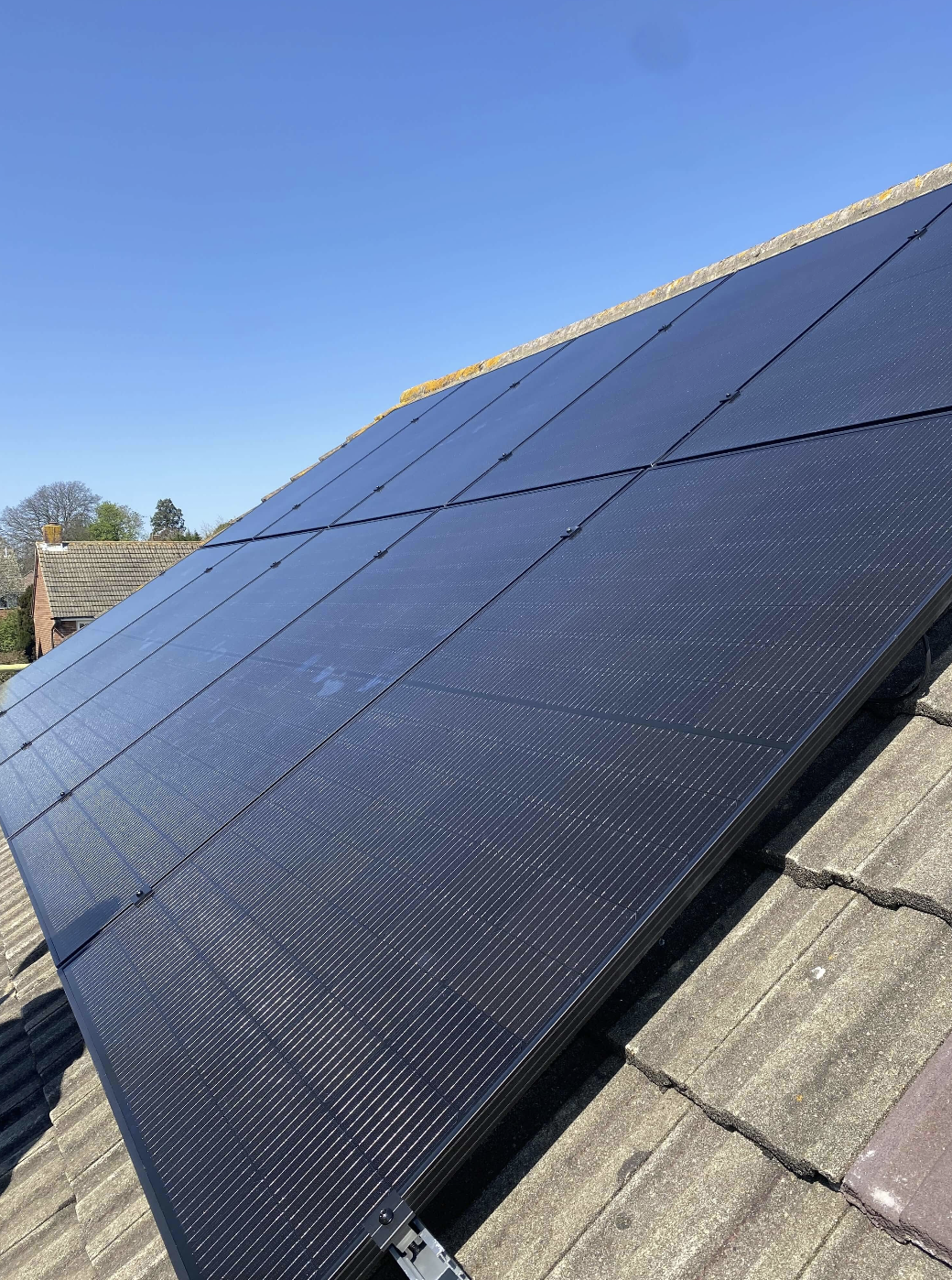
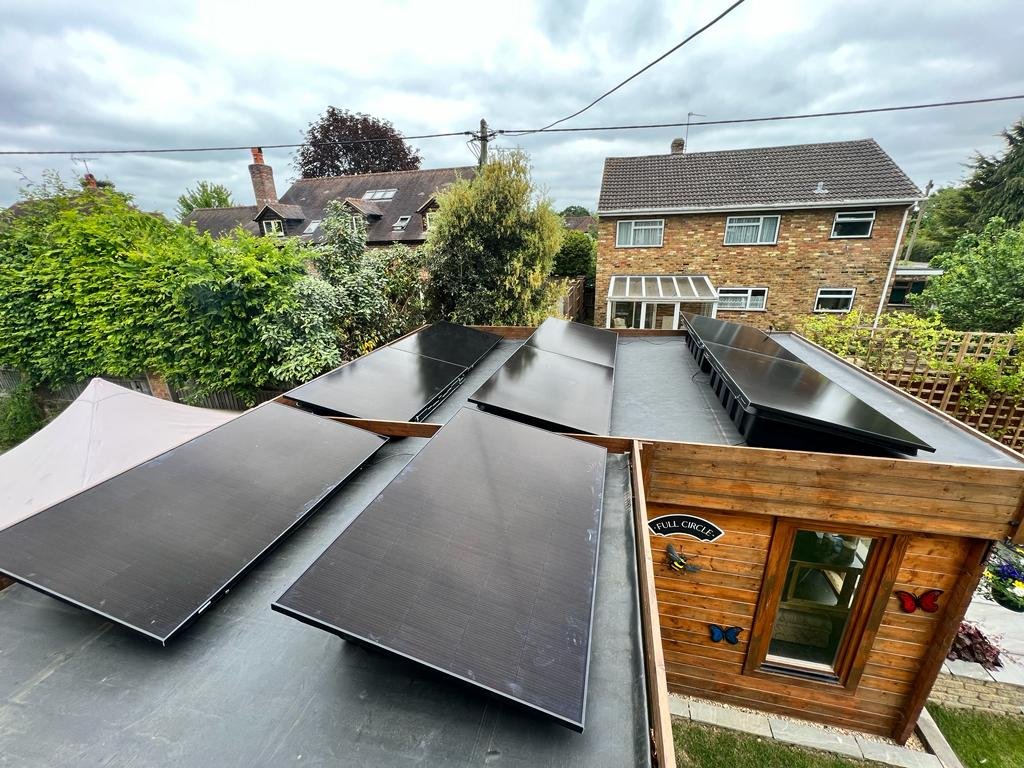

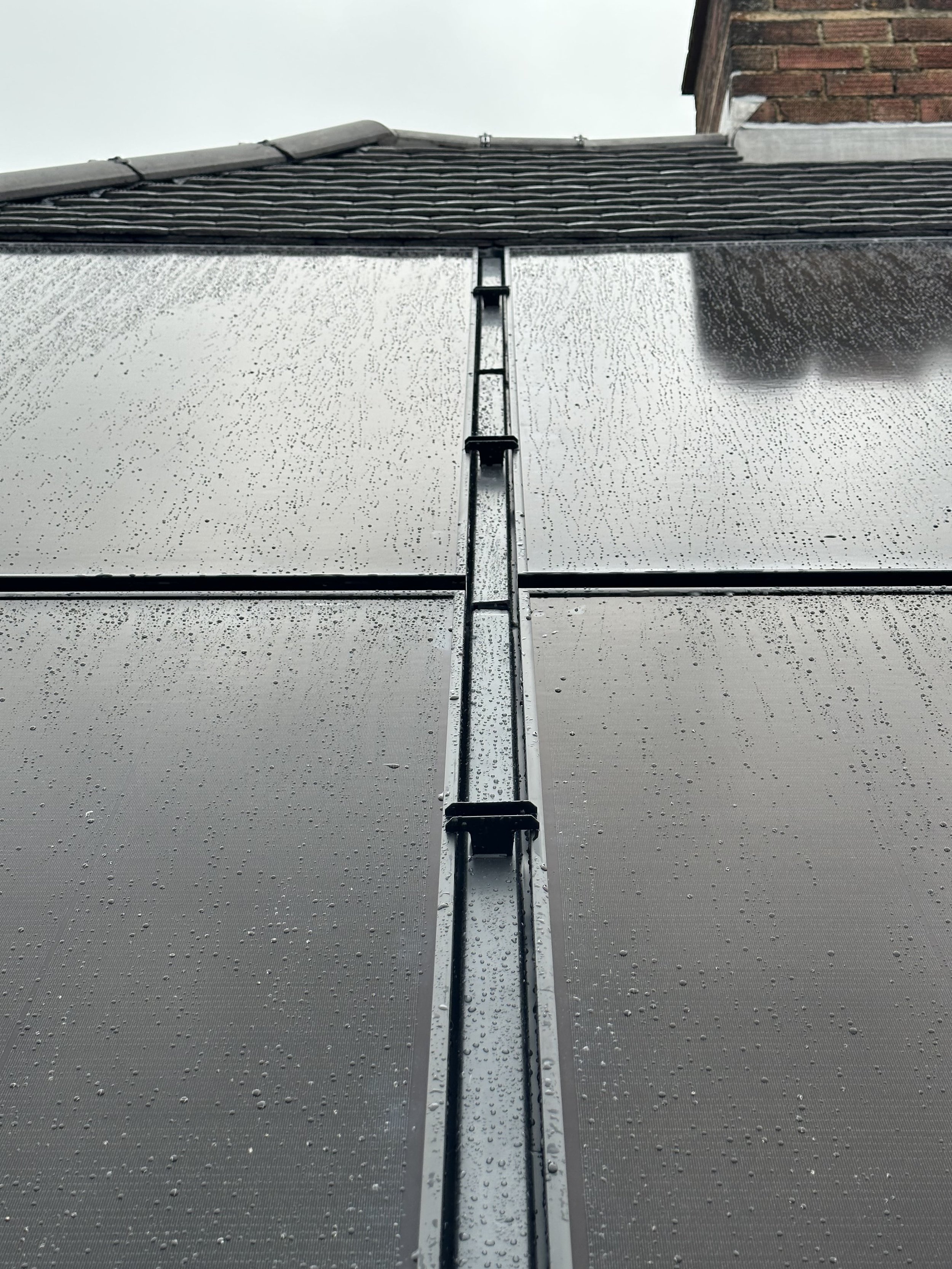
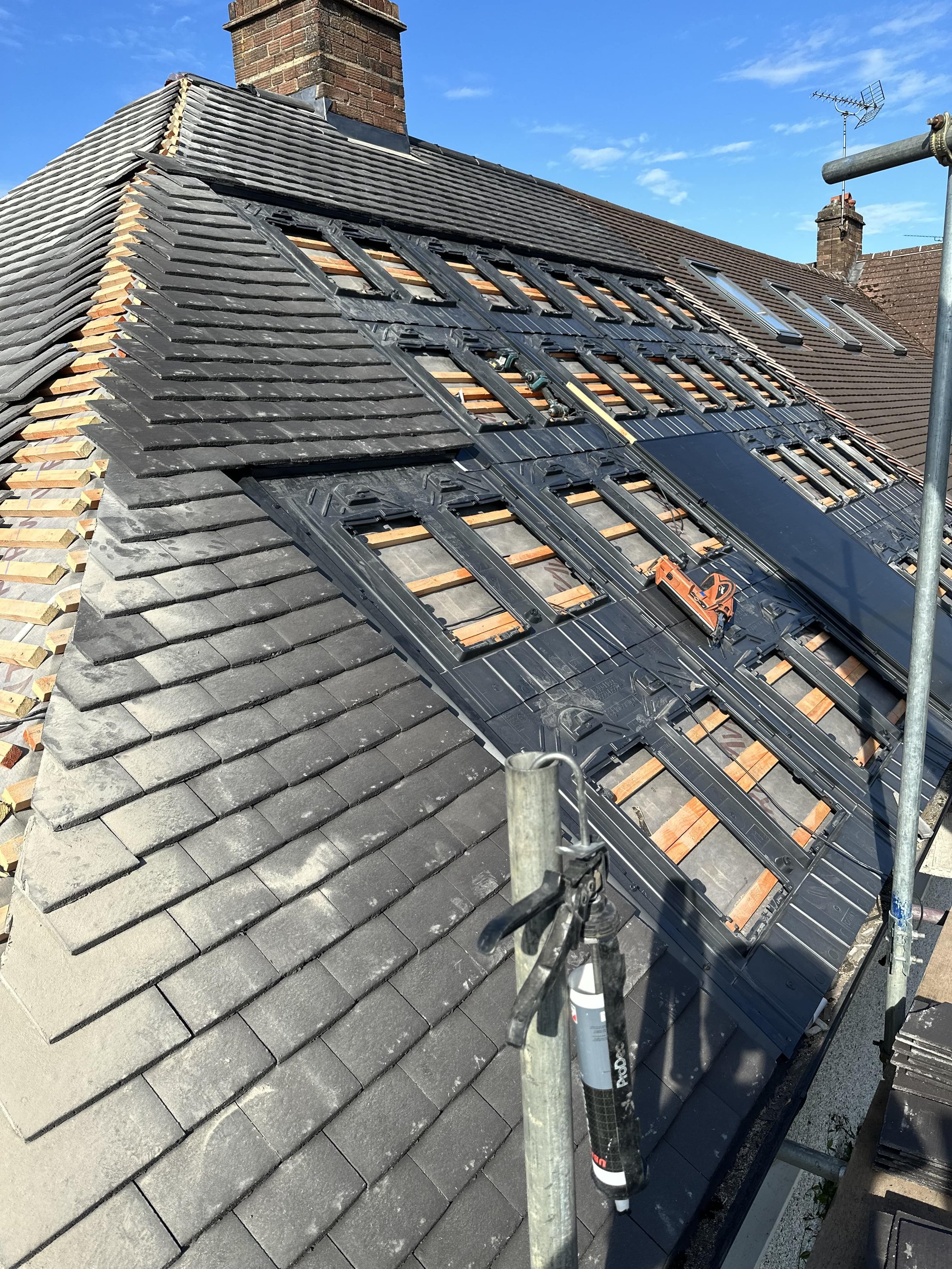
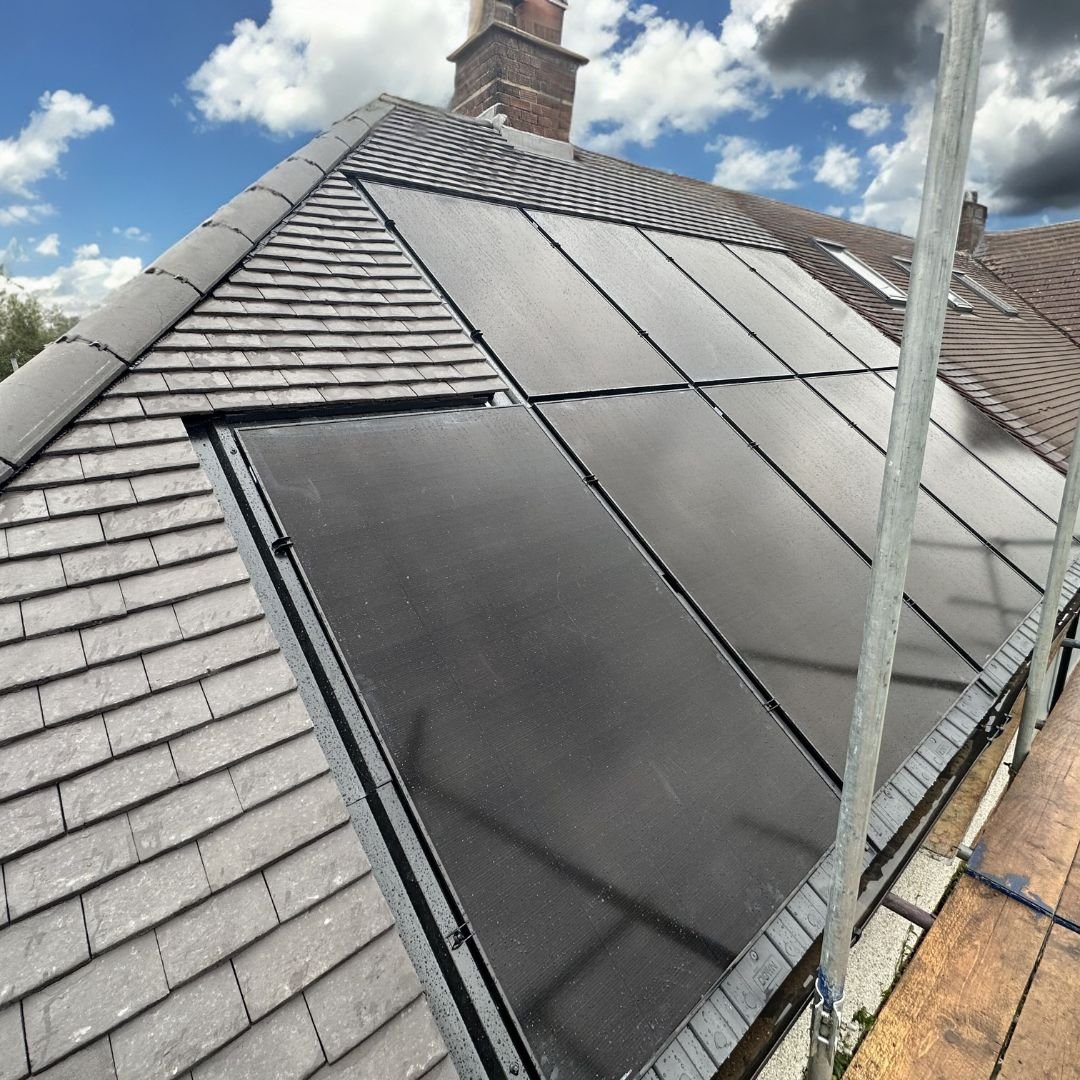
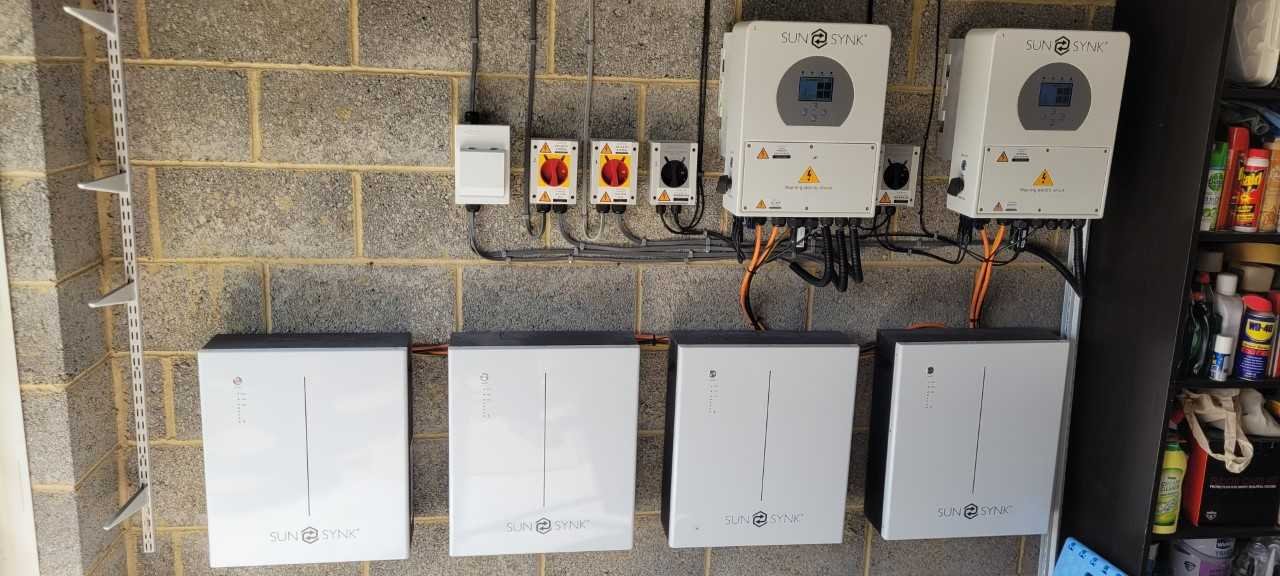
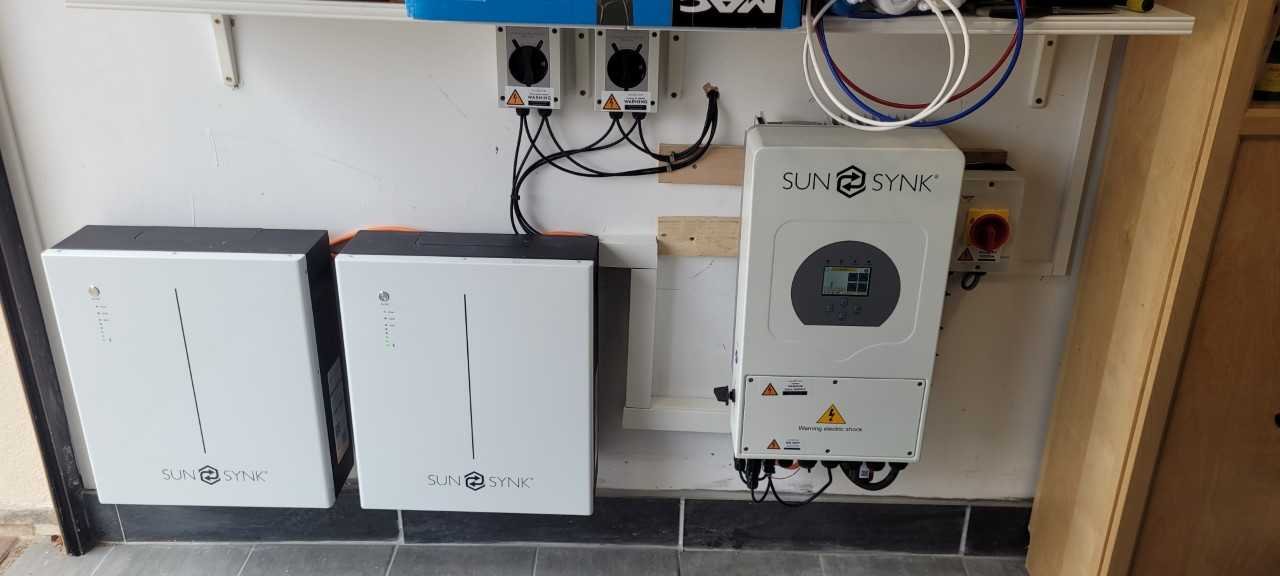
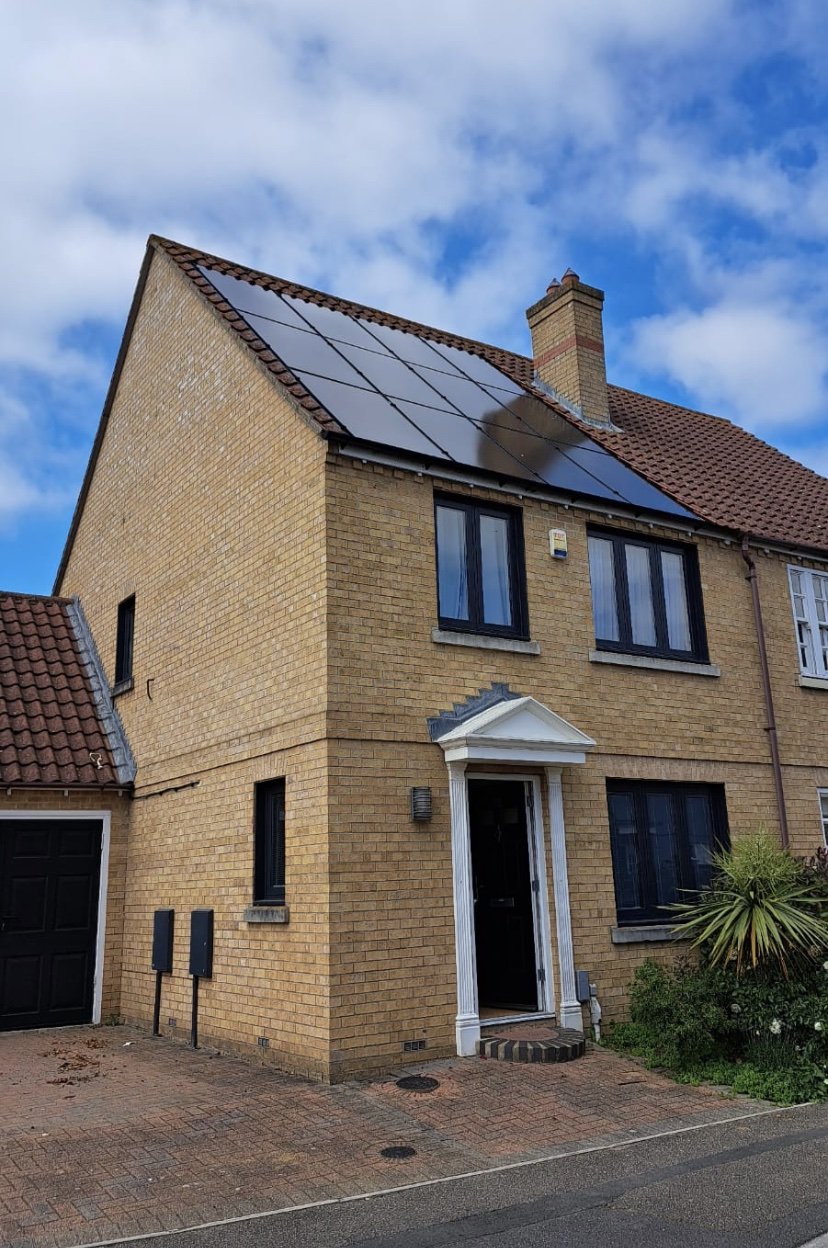
Solar Panel Installation and FAQ’s
Getting Started with Solar Panels
Dive into the world of solar panel installation with insights into flat roof setups, possible energy savings, how it works, panel options, and more.
Solar Panel Installation and Types
Discover how to participate in the SEG scheme and navigate planning permissions in the UK while exploring the essential concept of DNO approval for a seamless solar panel experience.
Find the best system size for your needs ☀️
Reliable Solar & Battery Services for Your Home
With CRG, you can be sure you’re getting the best results at a cost-effective price. Our highly-rated commercial solar installation services include the following:
Learn more about how our experienced solar energy professionals can help you — simply request a free quote online or call us on 0333 253 3531 today.
Read our great reviews.
From quote to after care we found CRG professional… From start to finish we found CRG helpful, professional and the workmanship excellent.






